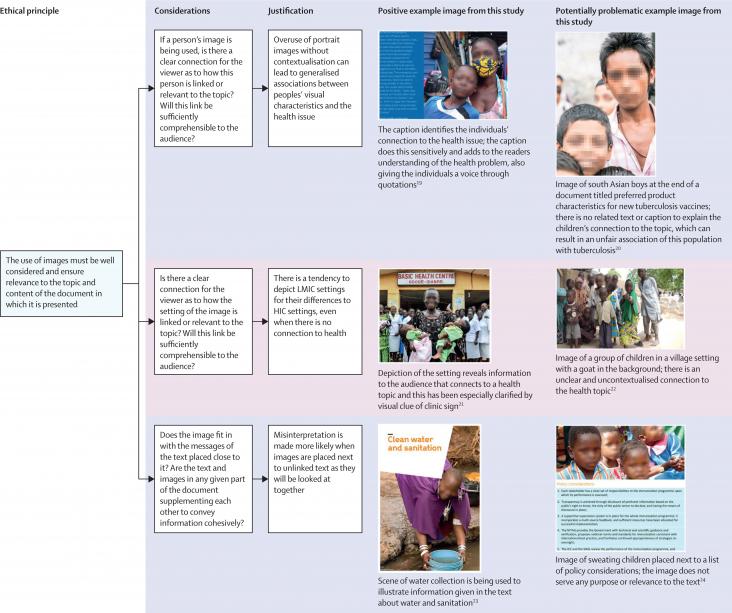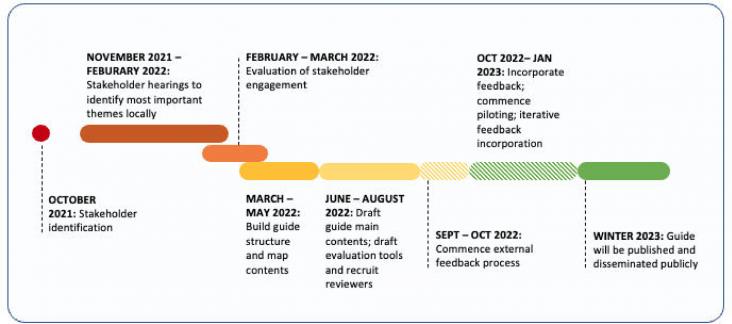This Study supports SDGs 3, 5 and 10 by exploring the national impact of limited English proficiency (LEP) in breast cancer screening. Previously unknown, the results showed that LEP women, particularly Spanish speakers, are associated with a lower probability of having a screening mammogram.
This Study supports SDGs 3, 5 and 10 by highlighting the significant variability in insurance coverage of Prophylactic Mastectomy (PM) between companies which can lead to further inequalities in access to this breast cancer risk reducing procedure. Physicians and patients alike should advocate for fair and equal access to PM for certain clinical indications.
This Article supports SDGs 3, 5 and 10, summarizing a discussion on workplace flexibility held by the AAWR at the RSNA 2021 Scientific Assembly and Annual Meeting, and highlighting the positive impact various aspects of flexible work arrangements have on women.

This Health Policy paper supports SDGs 3 and 10; the authors did an empirical analysis of the use of imagery by key global health stakeholders and showed that the narrative currently depicted in imagery is one of power imbalances, depicting women and children from low-income and middle-income countries with less dignity, respect, and power than those from high-income countries.
The criminalization of women’s healthcare in many USA states has created uncertainty about women’s access to evidence-based medical care and will affect the physical, mental, and emotional health and well-being of women. This article is intended to start a discussion on this complex topic in the immunology community.
This Article supports SDG 3 and 10 by highlighting the need for age-appropriate Indigenous strategies to improve health outcomes and reduce inequities for rangatahi Māori. This study provides an overview of Indigenous youth trends in Aotearoa New Zealand over two decades utilising repeated series of cross-sectional and representative surveys of secondary school students. Health inequities persisted over the 19-year period for rangatahi Māori, when compared to their Pākehā (NZ European /other European/“White”) peers, with few exceptions.

In support of the International Day for the Elimination of Violence Against Women, celebrated on 25 November 2022, Elsevier is proud to share a curated special issue with 25 freely available journal articles and 8 book chapters, as well as a podcast.

Climate justice and health education can address the disproportionate health impacts of climate change on minoritized communities by providing frameworks to build awareness and instigate action on climate-related health inequities.

Elsevier is proud to support World AIDS Day on 1st December by making freely available a special issue of 40 journal articles and book chapters, highlighting various issues around AIDS.
Principles and Practice of Pediatric Infectious Diseases (Sixth Edition) - Chapter 75: Osteomyelitis
Principles and Practice of Pediatric Infectious Diseases (Sixth Edition)
2023, Pages 493-500.e3
This content links with Goal 3: Good health and well-being and Goal 10: Reduced Inequalities by providing information about osteomyelitis, inflammation of bone.
